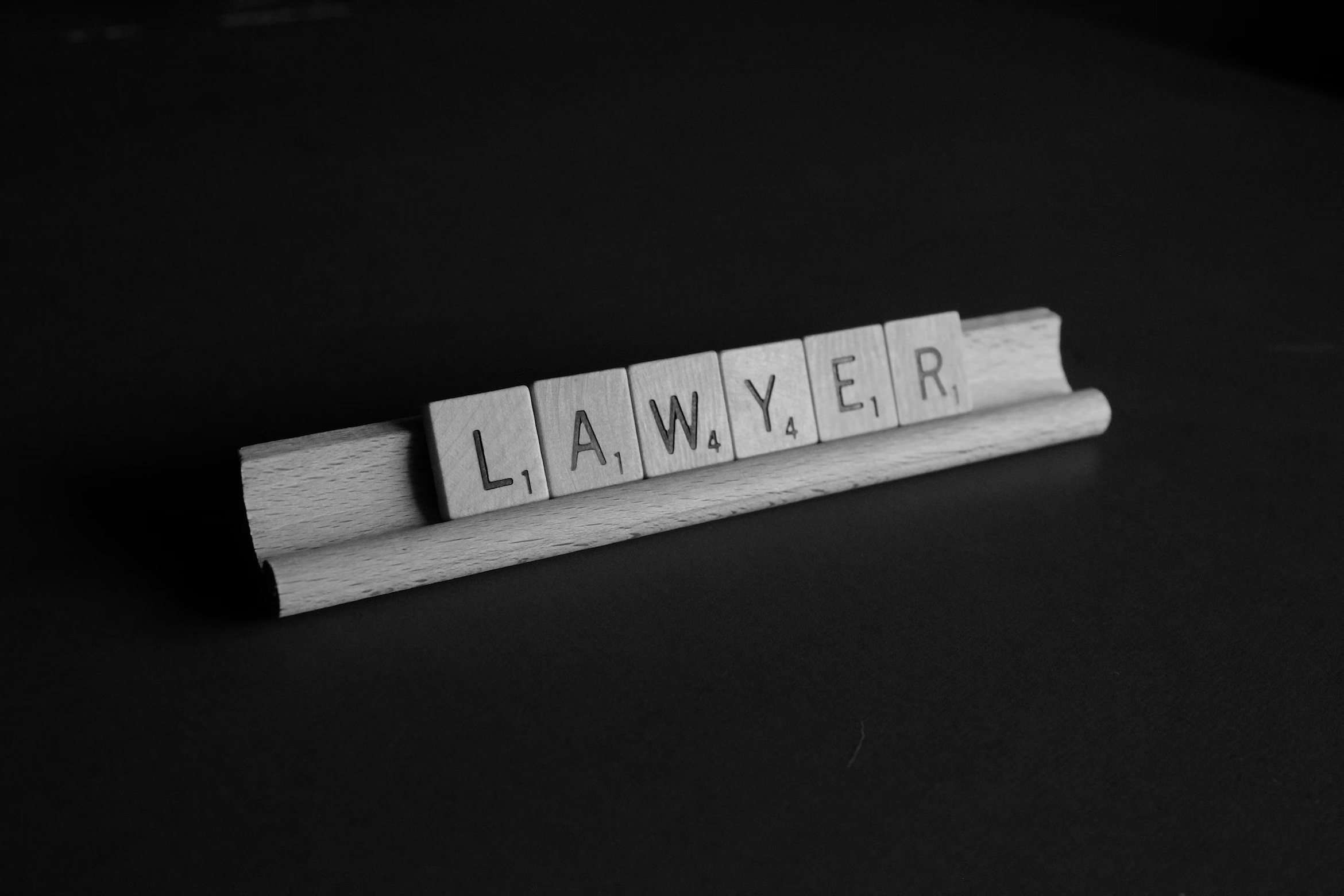When it comes to protecting your intellectual property, it’s essential to understand the difference between a patent agent and a patent attorney. Both play crucial roles in the patent process, but their qualifications and areas of expertise are distinct. In this article, we’ll delve into the key distinctions between patent agents and patent attorneys, and provide insight into when you might want to consider working with one or the other.
1. What is a patent agent?
A patent agent is an individual who has passed the Patent Bar through the US Patent and Trademark Office (USPTO). To become a patent agent, a person must have a background in science or engineering and pass the USPTO’s examination. Patent agents are registered with the USPTO and are authorized to prepare, file, and execute utility patent applications on behalf of clients.
2. What is a patent attorney?
A patent attorney, in contrast, is a professional who has graduated from law school and passed the State Bar exam as well as the USPTO exam. Patent attorneys are also registered with the USPTO, but they possess additional qualifications that allow them to practice law in a broader capacity. Patent attorneys can represent clients in court, advise them on legal matters related to patents, trademarks, and other forms of intellectual property.
3. What are the key differences between patent agent and patent attorney?
The most significant difference between patent agents and patent attorneys is the scope of their practice. Patent agents are exclusively limited to practice patent law through or with the USPTO. They cannot provide legal advice or represent clients in court. Patent attorneys, on the other hand, have a more extensive scope of practice and can represent clients in court, advise them on legal matters, and draft contracts and other legal documents.
Another crucial difference is their background and qualifications. Patent agents typically have a greater background in science or engineering, while patent attorneys have a background in law. This means that patent agents may be better equipped to understand the technical aspects of your invention, while patent attorneys have a more extensive understanding of the legal landscape.
4. When should you consider working with a patent agent?
If you have a background in science or engineering and you’re looking to file a patent application for an invention that falls within that field, working with a patent agent may be the ideal option for you. Patent agents are usually less expensive than patent attorneys, and they can assist you in navigating the patent application process with a deep understanding of the technical aspects of your invention.
5. When should you consider working with a patent attorney?
If you’re in search of broader legal advice and representation, or you’re concerned about potential infringement issues, working with a patent attorney may be the right choice for you. Patent attorneys can advise you on legal matters related to your patent, represent you in court, and draft legal documents to protect your intellectual property.
6. Conclusion
Patent agent and patent attorney are both vital players in the patent process, but they possess different qualifications and areas of expertise. If you’re looking to file a patent application and have a background in science or engineering, a patent agent may be the right choice for you. If you’re in search of broader legal advice and representation, a patent attorney may be the best option. Ultimately, the best choice will depend on your specific needs and the nature of your invention.
***
The iPNOTE platform features more than 700 IP law firms that cover more than 150 countries, so you can always find the right direct service provider using our flexible filtering system.
Look at our directory of patent agents and patent attorneys in the USA.
Sign up for free, and we’ll help you solve any IP-related problem.
Exploring Indian patent registration is crucial, and it is equally important to delve into the process of patent registration in Australia for comprehensive intellectual property protection.







